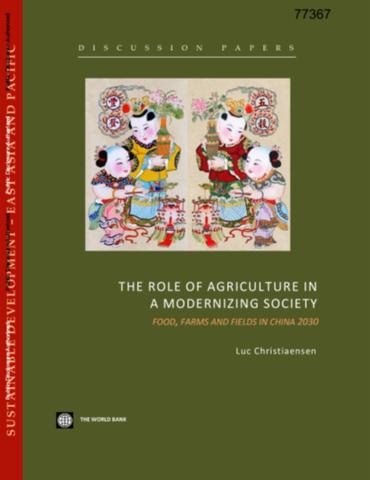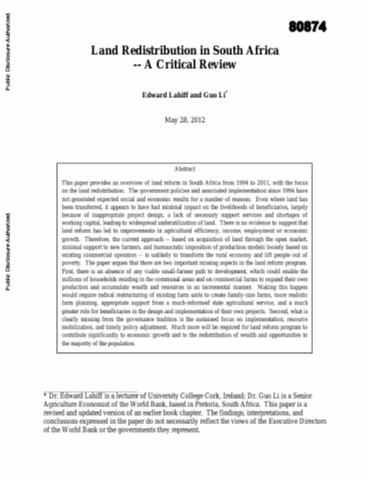Shocks and Social Protection : Lessons from the Central American Coffee Crisis, Volume 2, Detailed Country Cases
A major objective of this report is to provide a deeper, more policy relevant understanding of the welfare impacts of the coffee crisis - including the effects of the crisis on household income, consumption, poverty, as well as on basic human development outcomes, such as education and child nutrition. To do this, the study has generated a body of new empirical evidence, drawing from an unusually rich collection of household survey data from El Salvador, Guatemala, Honduras, and Nicaragua.




